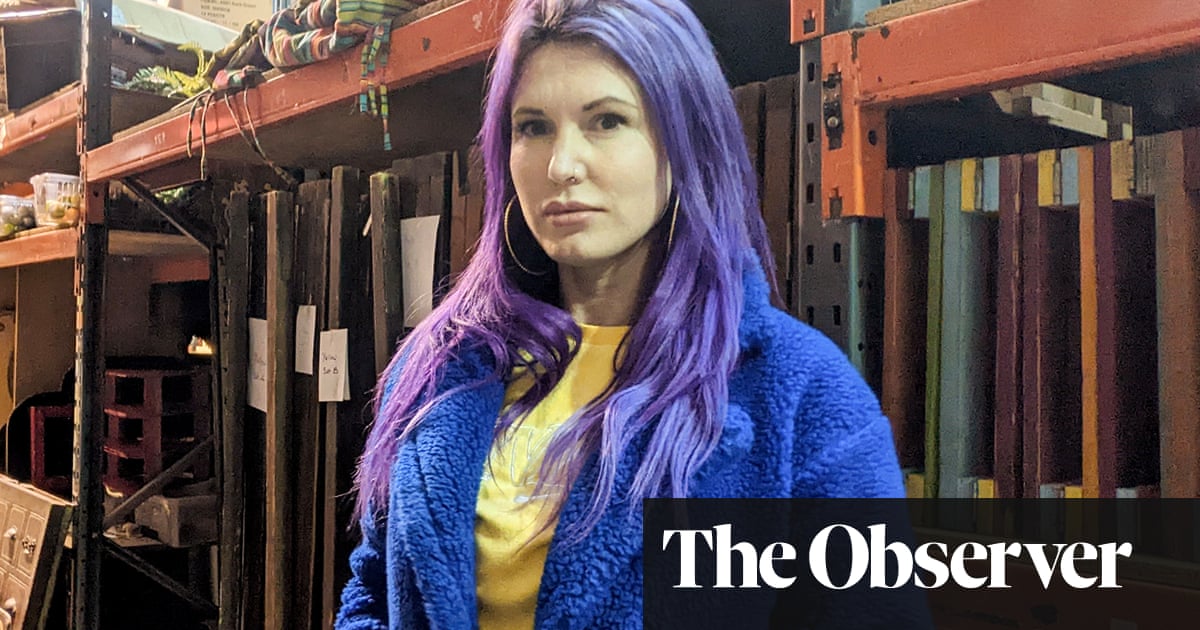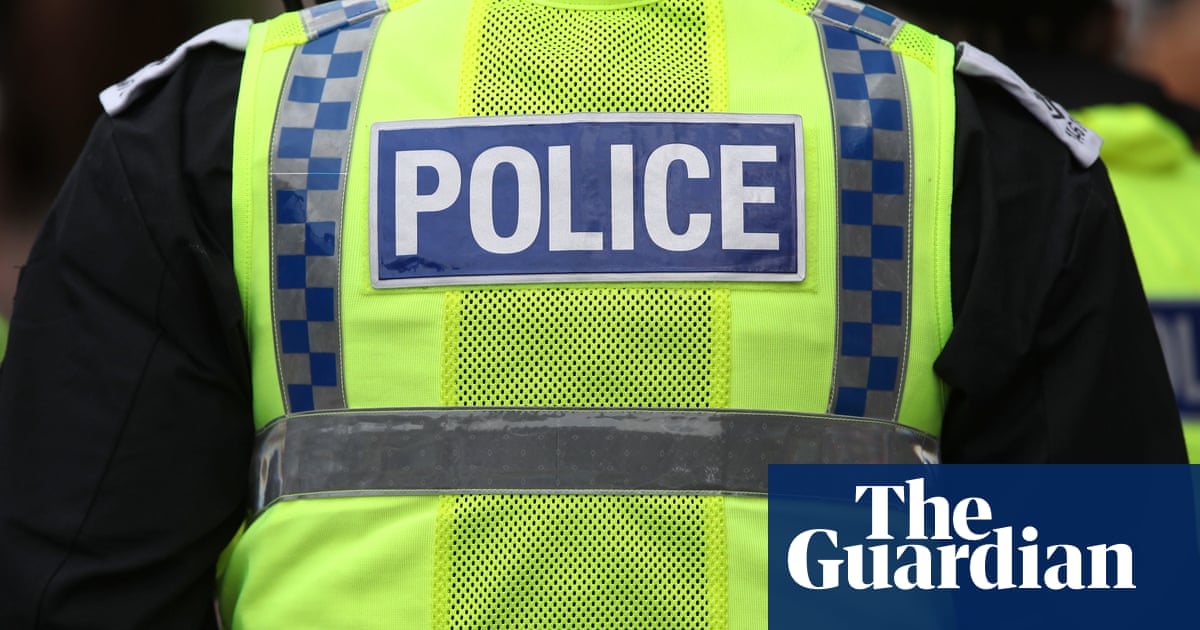
Violence against women and girls on British railways has risen by more than 50% over two years, according to official figures.
The number of crimes against women and girls rose from 7,561 in 2021 to 11,357 in 2023, and the number of sexual offences rose 10% from 2,235 to 2,475, according to a survey commissioned by British Transport Police. The survey, first reported in the Times, also found the number of sexual harassment reports doubled to 1,908, over the two-year period.
“I think it’s just a reminder of the fact that we’ve got this issue of violence against women and girls that isn’t going away and if anything is getting worse,” said Anna Birley, a co-founder of Reclaim These Streets, which organised the London vigil for Sarah Everard, 33, who was killed by the police officer Wayne Couzens in 2021.
“I want to be clear I think there is also an increase in VAWG [violence against women and girls]. I don’t think it’s simply a case of increased reporting,” Birley told BBC Radio 4’s Today programme, adding that looking at reported crimes across different police networks, there had been an increase in VAWG in every police area, “not just British transport”.
A British Transport Police (BTP) survey released last year revealed more than a third of all women commuting by rail were likely to be assaulted – predominately during rush hour, according to figures – and showed 51% of female victims reported that other rail passengers intervened to try to help.
The figures come as the Guardian revealed the identities of 50 women allegedly killed at the hands of men so far in 2024 as part of a year-long project documenting violence against women.
Ministers in the new Labour government have already pledged to halve violence against women and girls within a decade, as police forces are still being damaged by a funding crisis and courts across England and Wales face a backlog of cases and a collapse in rape prosecutions.
Before coming into power, Labour pledged to establish 80 new rape courts across England and Wales to fast-track cases as part of wide-ranging plans to tackle violence against women and girls. Last month, official police figures revealed the number of recorded offences – including stalking, harassment, sexual assault and domestic violence – had grown by 37% in the past five years, leading police chiefs to label it a “national emergency”.
In a debate last month, Yvette Cooper, the home secretary, said: “For far too long, violence against women and girls has been treated as an inevitability, rather than the national emergency that it is. Our mission is for the whole country to halve violence against women and girls within a decade. That has to start with drastically improving the policing and criminal justice response.”
Birley expressed her confidence in Jess Phillips, the minister for safeguarding and violence against women and girls. The Labour MP has long criticised the former Conservative government’s inaction against the rising issue, including reading a list before parliament of women killed by men or where a man is the principal suspect in the UK, over the past nine years.
“I feel confident that the solutions aren’t new ones they don’t need reinventing,” said Birley, adding that the problem was that despite an increase in reports into violence against women and girls over recent years “they sit on a shelf and nothing happens”.
“What I’m hoping for is seeing real action, real investment, and seeing that the government put in place the measures we all know are needed,” she said.











